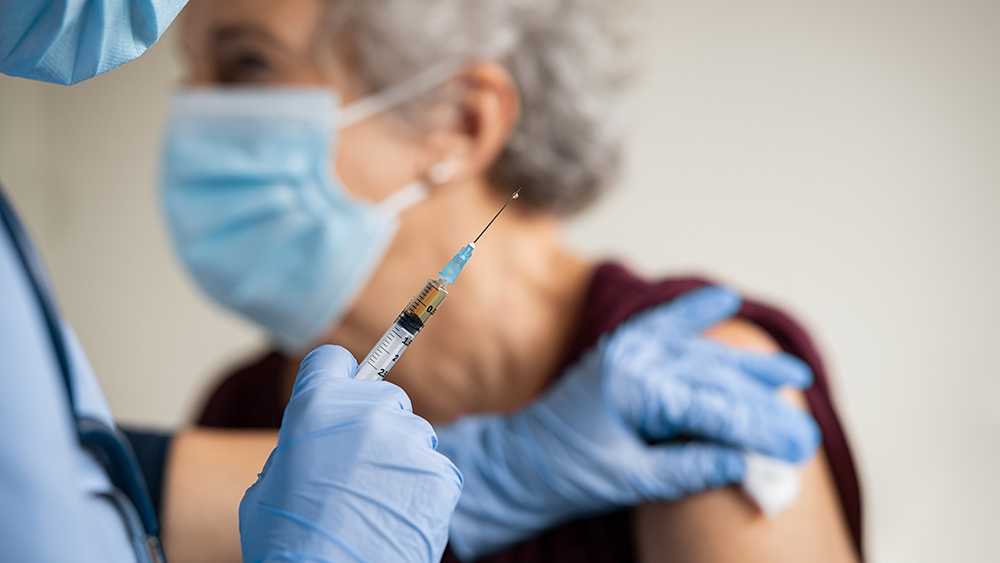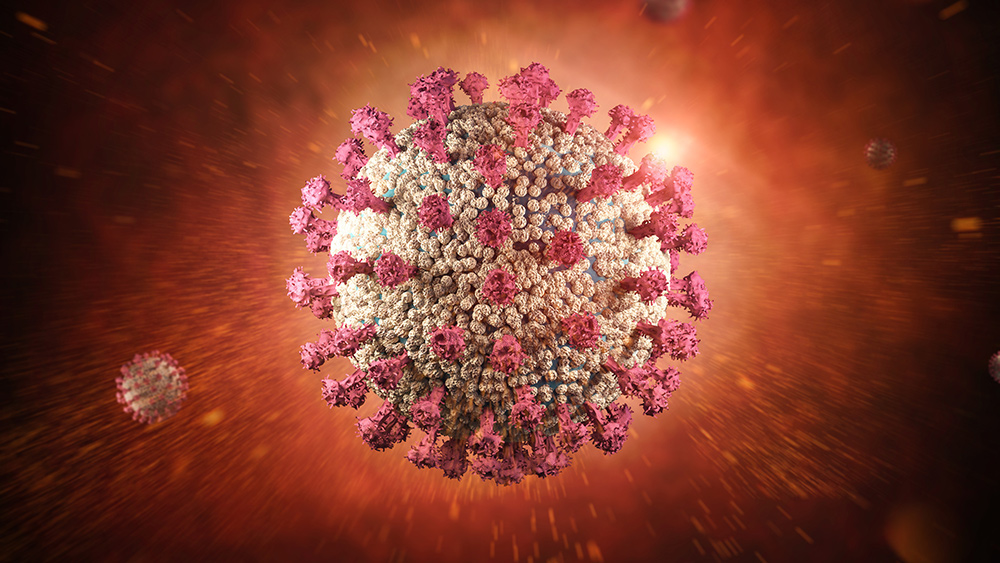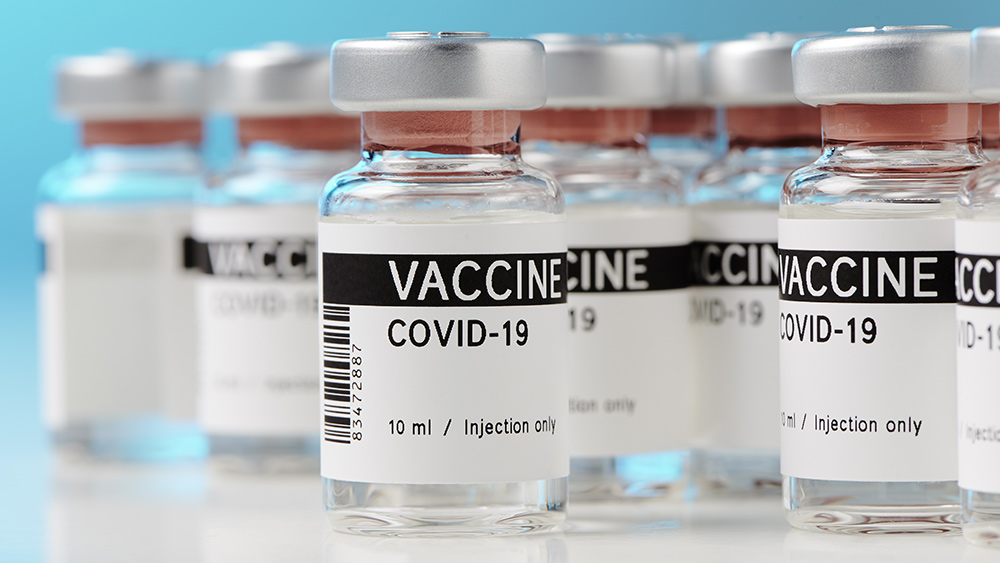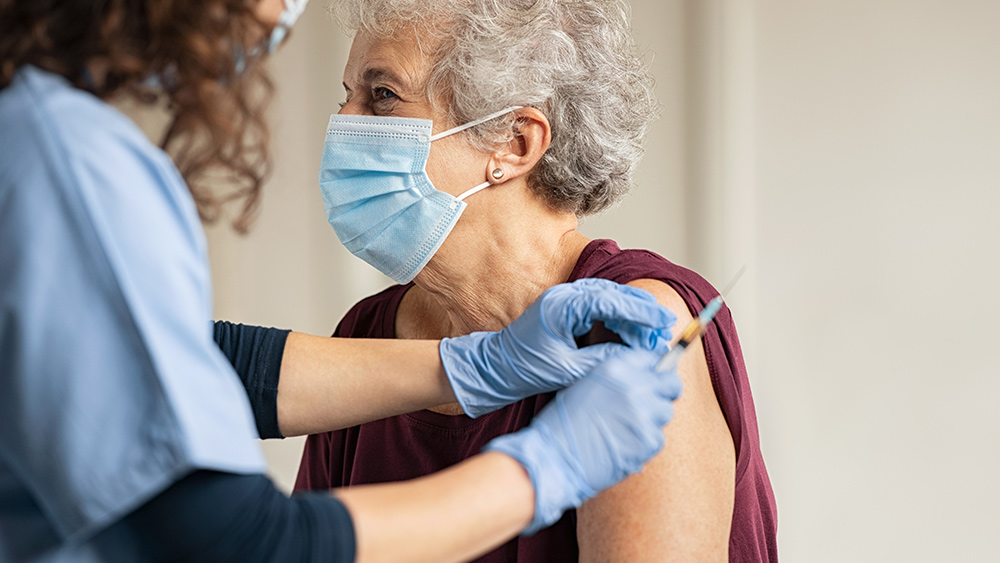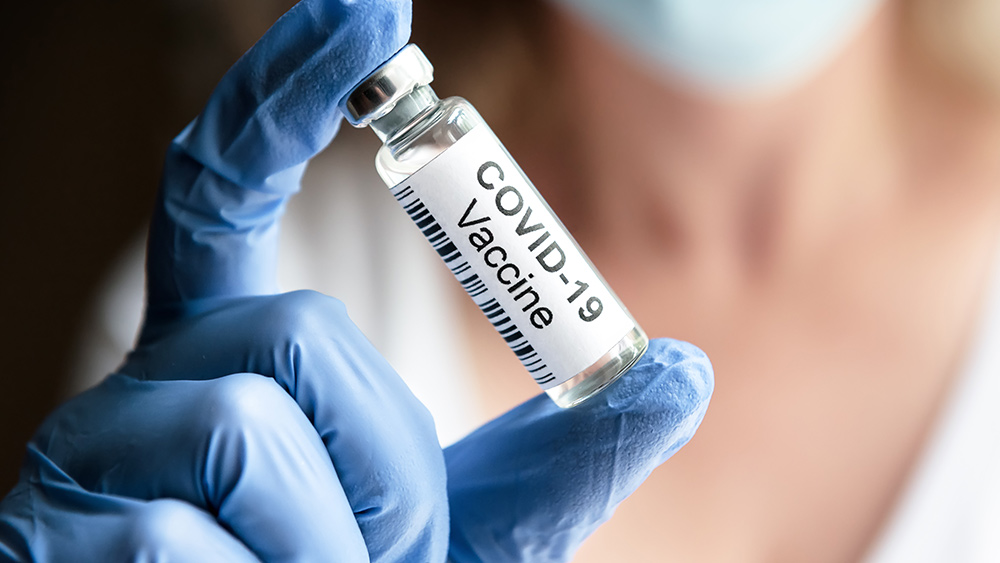
A 33-year-old former Wuhan coronavirus (COVID-19) patient from Georgia relived the horrors of his past encounter with the virus after taking a shot of Pfizer's new vaccine against the dreaded disease on Dec. 17, 2020.
"I initially had to sit down for about 15 minutes and felt my mouth dry, my tongue was kind of tingling, not swollen. I was checked for anaphylactic shock. I felt like an adrenaline shock and felt my heart racing, my blood pressure was high--stayed in the emergency room for an hour for observation," he wrote. "I felt the same kind of sensation when I had COVID in July."
He was just one of over a thousand people injected with the COVID-19 vaccine, who experienced adverse effects of the medicine. Some 308 of them ended up in an emergency room.
A woman from Michigan vaccinated on Dec. 16, 2020 was sent to an emergency room after experiencing dizziness, lightheadedness, chest tightness and hand tingling. She thought she had a panic attack. A health worker at Bartlett Regional Hospital in Alaska was taken to the emergency room and spent several nights there with a suspected severe allergic reaction, or anaphylaxis, after receiving Pfizer's vaccine.
Some patients reported that they experienced nausea, tremors, stabbing pain and wheezing. Reports from the patients sent to hospital emergency rooms were documented on the Vaccine Adverse Event Reporting System (VAERS). (Related: New study claims vaccinated children appear to be “significantly less healthy” than unvaccinated.)
VAERS serves as an early warning system to detect possible safety problems in U.S.-licensed vaccines. It was established in 1990 and managed by the Centers for Disease Control and Prevention (CDC) and the Food and Drug Administration (FDA). Anyone can report an adverse event to the system.
A health worker at Bartlett Regional Hospital in Alaska was taken to the emergency room and spent several nights there with a suspected severe allergic reaction, or anaphylaxis, after receiving Pfizer's vaccine.
Issues with the newly approved COVID-19 vaccines surfaced almost immediately after they started being administered. Thousands of people self-reported to VAERS being unable to work or perform daily activities, or needing care from a health care professional, after getting one of the doses from the first tranche. The system has received 1,156 reports of adverse events, including 17 that have been "life-threatening" and two that have led to "permanent disability."
The CDC already issued an announcement saying that anyone who experienced an allergic reaction after getting one of the vaccines should not get a second dose. The vaccines are given in two doses, three weeks apart.
Normal vaccination reactions, side effects
It is common to experience fatigue, fever, headache and aching limbs during the first three days following vaccination. There may also be redness, swelling or pain around the injection site. These reactions show that the vaccine is working and they have also been reported by people who already received COVID-19 vaccines from BioNTech-Pfizer, Moderna, AstraZeneca and Russia's Sputnik V.
Severe side effects like allergic shocks are considered as isolated cases. In fact, the 308 vaccinated people sent to the emergency rooms only represent a minuscule 0.0064 percent of the 4.8 million total vaccinations done as of Jan. 5.
No serious side effects occurred during the approval phase of the BNT162b2 vaccine developed by BioNTech of Germany and Pfizer of the US. But since the vaccine has been in use, some patients suffered severe allergic reactions immediately after the injection. One American and two Briton patients went into anaphylactic shock, associated with reddening of the skin and shortness of breath.
The British Medicines and Healthcare products Regulatory Agency (MHRA) warned people who are allergic to certain vaccine ingredients or have already suffered an anaphylactic shock, against getting the vaccination. (Related: UK to deploy “resuscitation facilities” in coronavirus vaccination centers to treat wave of allergic reactions caused by vaccines.)
The mRNA-1273 vaccine from US company Moderna is a gene-based vaccine that is very similar in principle to BioNTech/Pfizer vaccine. During trials, participants reported only mild or moderate reactions. But an interim report by an independent surveillance panel said that nearly 10 percent of those vaccinated by mRNA-1273 experienced fatigue. A few also had allergic reactions and experienced facial nerve paralysis.
Still, the World Health Organization (WHO), the FDA and the European Medicines Agency (EMA) have said all approved vaccines are safe.
Sources:
Please contact us for more information.















